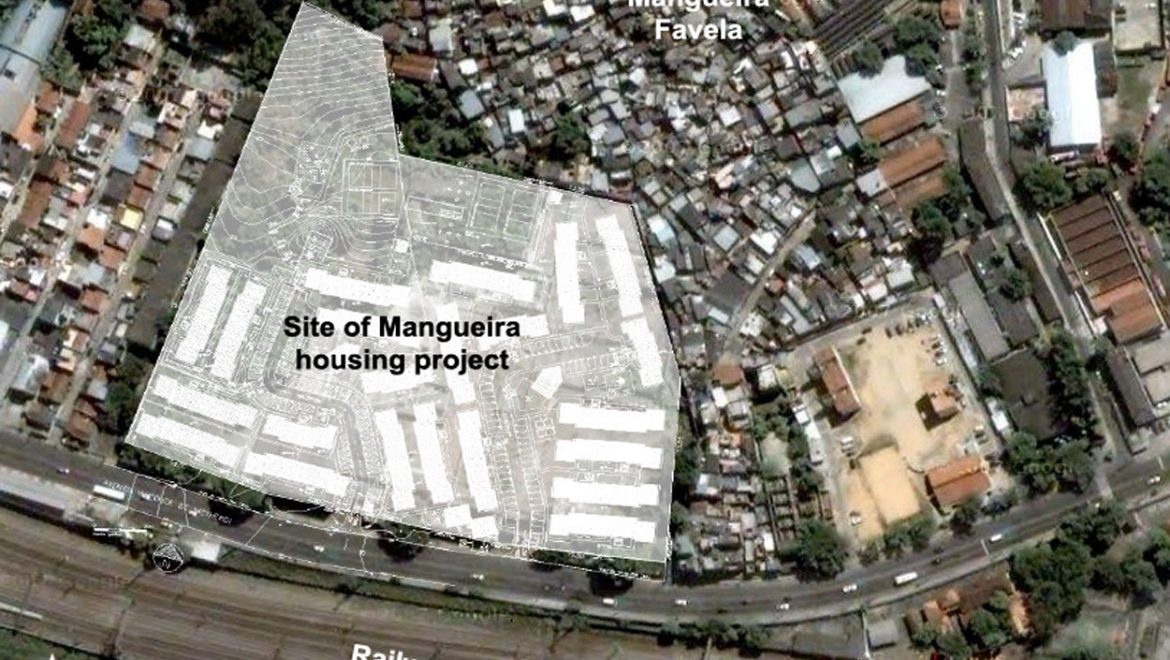Brazil has currently a housing deficit of about 8 million housing units that is still increasing. Due to the fact that social housing provides homes for the population with low income and is funded by governmental programmes or other donors, the available capital is limited and should be used to construct as many housing units as possible. Therefore, the investment per housing unit is too low to reach a good construction standard. The current building practice in social housing disregards regional climatic conditions and bioclimatic strategies. This leads in its turn to poor thermal comfort within those new housing units and, consequently, to higher in-efficient energy consumption. Thus, the poorest part of the population suffers eminently from the increasing energy consumption and hence the rising energy costs; they pay today higher percentage of their income for energy services in comparison to the high-income households.
With a study on energy efficiency opportunities in Social Housing Units in Brazil, EcoThinking has contributed to built up evidence-based knowledge on effective strategies to reduce energy consumption for the urban poor. The study concluded that with an marginal increased investment of only 10%, the most important energy efficiency measures could be implemented. Based on the extensive analysis of a specific social housing project located in Rio de Janeiro, EcoThinking drafted energy efficiency guidelines with a catalogues of 14 strategies covering the areas of site planning, thermal and visual comfort, household equipment and eco-efficiency. These guidelines were later used to develop the Brazilian green building label “Selo Casa Azul”.

Add Comment